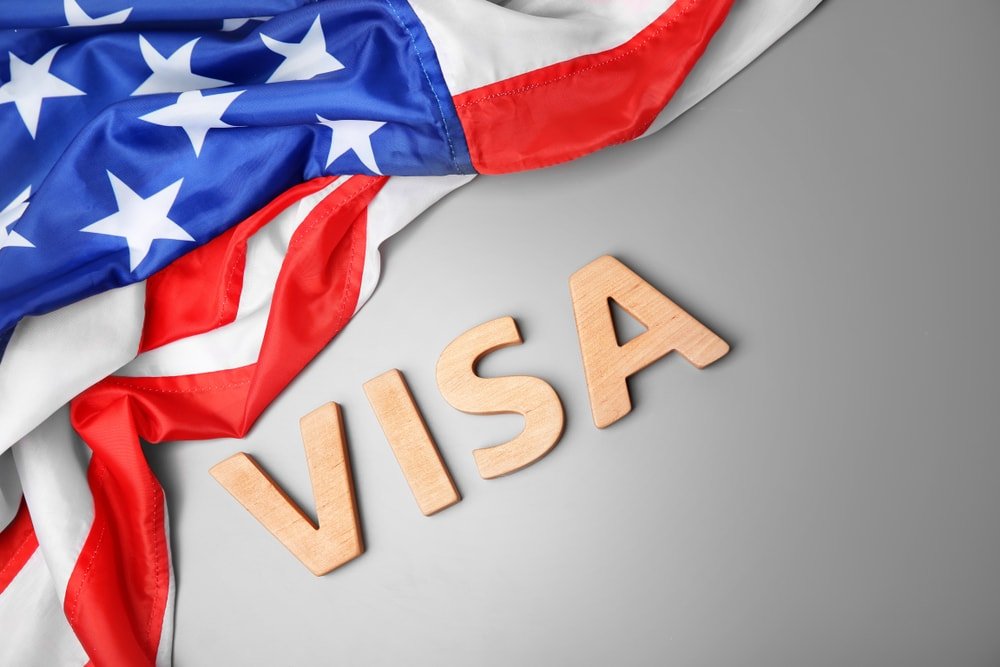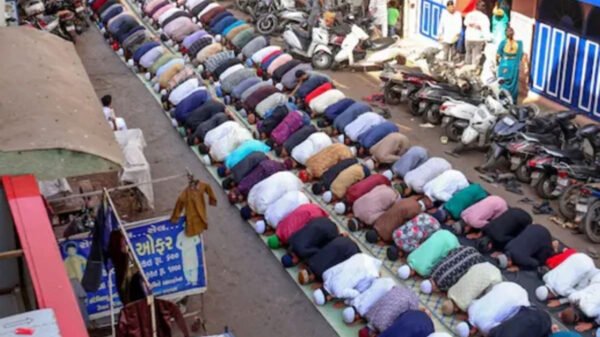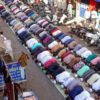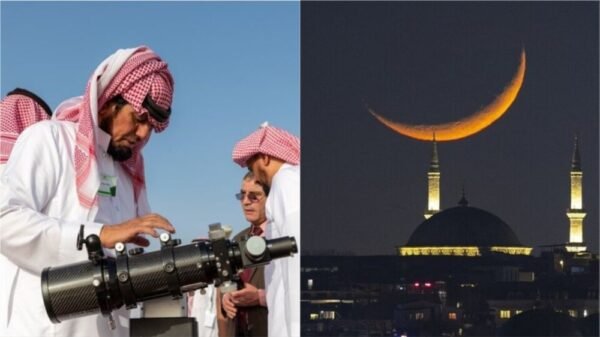A proposed policy under the Trump administration to impose visa restrictions on foreign nationals from countries that do not meet U.S. vetting standards has been indefinitely delayed, with no new timeline announced.
The State Department confirmed that it is still working on the report that would outline potential visa restrictions but did not specify a completion date. The delay follows an executive order signed by President Donald Trump on his first day in office, which had set a March 21 deadline for recommendations on new visa policies. The order instructed officials to identify countries with inadequate screening and vetting procedures, which could lead to partial or full entry suspensions for their nationals.
A reported list of over 40 countries, including Iran, Russia, and Venezuela, was under review as part of the proposed restrictions. This move would align with Trump’s first-term immigration policies, including a travel ban upheld by the Supreme Court. However, the March 21 deadline passed without any official announcement from the White House.
State Department spokesperson Tammy Bruce confirmed that the deadline was no longer in effect, referring to it as a “target date that no longer applies” but did not provide an explanation for the delay. “The State Department, like every department in President Trump’s administration, is acting on executive orders, including this one,” Bruce stated.
The reasoning behind the administration’s decision to delay the report, which would form the basis for Trump’s new visa restrictions, remains unclear. When asked for further details, Bruce responded, “I can’t speak to that. But I can tell you that we’re working on what the executive order asked for.” She emphasized that the policy was not a travel ban but rather a measure to assess whether other countries meet U.S. security and vetting requirements.
Pressed on whether a new deadline had been set, Bruce replied, “No,” but assured that the administration was actively working on the policy. “Again, because there’s not a date, it doesn’t mean that it’s not being worked on. And so we are all working to implement what President Trump has ordered.” The White House declined to comment.
Visa Revocations Under Review
Trump’s previous travel bans, which targeted several Muslim-majority countries, faced legal challenges but were ultimately upheld by the Supreme Court in 2018. His recent executive order directs officials to use his earlier screening policies as a benchmark to reinstate vetting procedures. It also instructs authorities to assess how many foreign nationals from the targeted countries entered the U.S. under former President Joe Biden and to take steps to remove individuals who fail to meet the administration’s criteria.
Secretary of State Marco Rubio stated on Friday that visa holders are being reviewed daily to determine whether they pose a risk to U.S. national security or foreign policy interests. “My standard—if we knew this information about them before issuing a visa, would we have allowed them in?” Rubio said. “If the answer is no, then we revoke the visa.” He confirmed that approximately 300 student visas had already been affected.
Recent cases include Immigration and Customs Enforcement (ICE) detaining Rumeysa Ozturka, a 30-year-old Turkish graduate student at Tufts University, due to alleged ties to Hamas. Additionally, Lebanese national Dr. Rasha Alawieh, who held a work visa at Brown Medicine in Rhode Island, was deported after Customs and Border Protection (CBP) discovered content on her phone that allegedly showed sympathy for Hezbollah.
ICE also arrested Mahmoud Khalil, a Syria-born activist involved in pro-Palestinian protests at Columbia University, while Korean-born Yunseo Chung has filed a lawsuit against the administration to retain her legal permanent residency.










